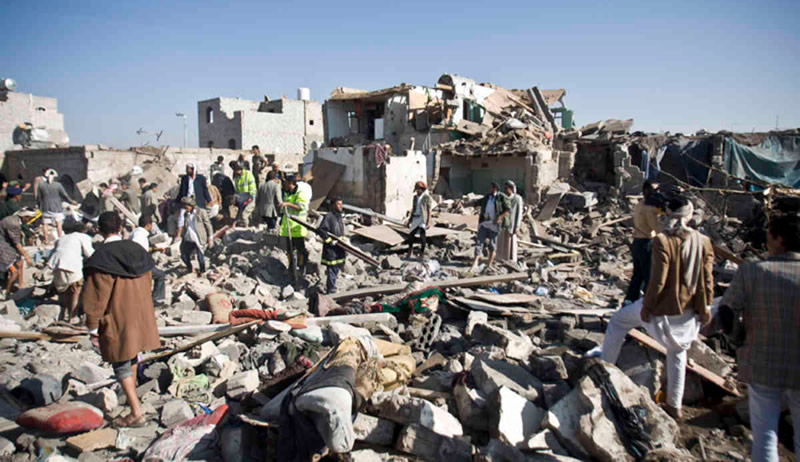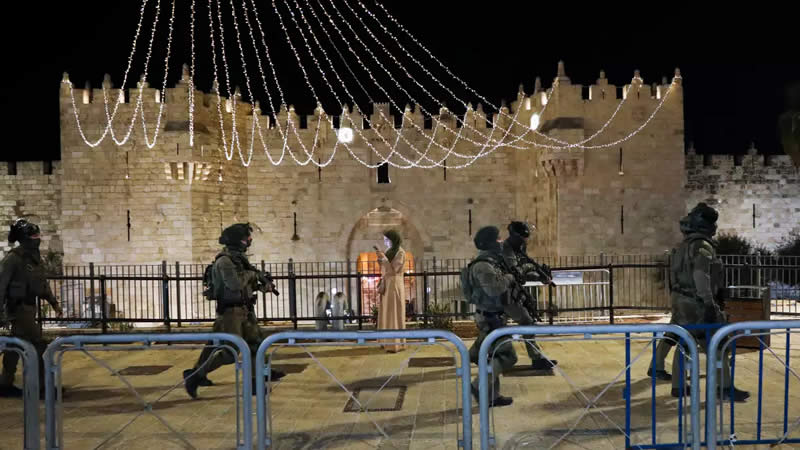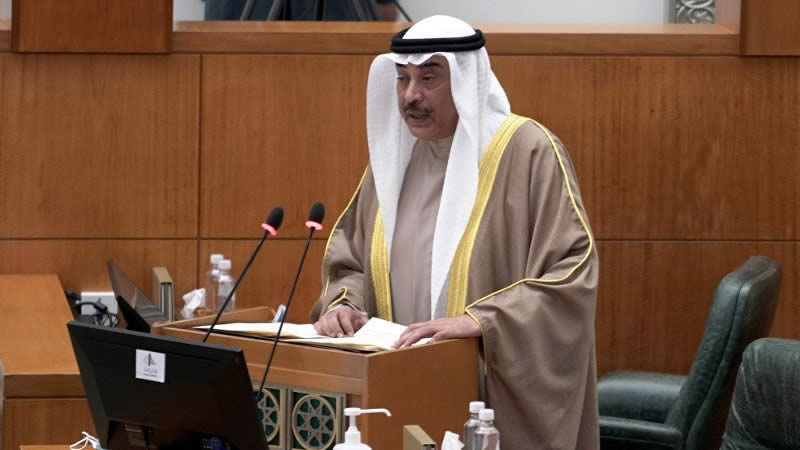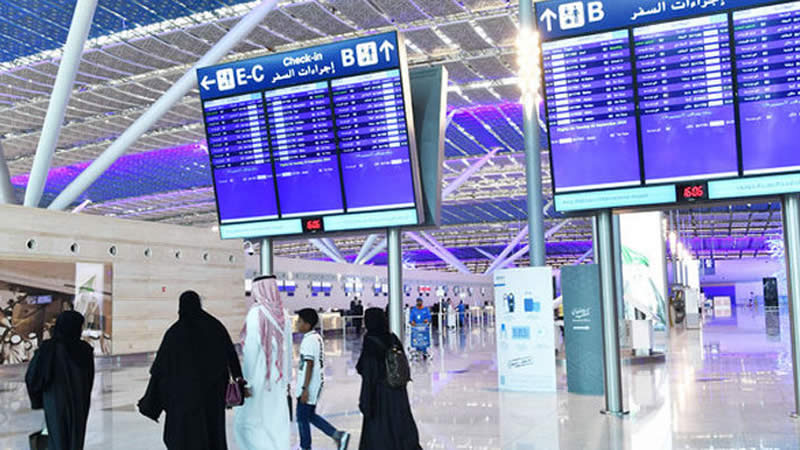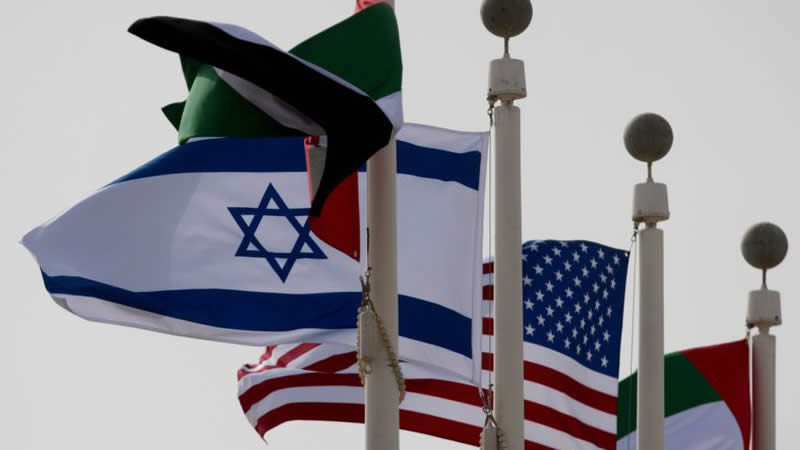Saudi and allied warplanes struck rebels in Yemen on Thursday, with Saudi Arabia threatening to send ground troops and inserting itself into its southern neighbor’s civil war, potentially opening up a broader sectarian conflict in the Middle East.
[contentblock id=1 img=adsense.png]
The swift and sudden action involved 100 Saudi jets, 30 from the United Arab Emirates, 15 each from Kuwait and Bahrain, 10 from Qatar, and a handful from Jordan, Morocco and Sudan, plus naval help from Pakistan and Egypt, according to a Saudi adviser. The Egyptian state news agency on Thursday quoted Egypt’s Foreign Ministry as saying Egypt’s support also could involve ground forces. What do those countries have in common? They’re all predominantly Sunni Muslim — in contrast to the Houthi rebels, Shiite Muslims who have taken over Yemen’s capital of Sanaa and on Wednesday captured parts of its second-largest city, Aden. The Saudis consider the Houthis proxies for the Shiite government of Iran and fear another Shiite-dominated state in the region. “What they do not want is an Iranian-run state on their southern border,” CNN military analyst Lt. Col.
[contentblock id=2 img=gcb.png]
Rick Francisco said of the Saudis. The airstrikes did not include warplanes from the United States, which has worked with Yemeni governments — including that of recently deposed but still battling President Abdu Rabu Mansour Hadi — to go after al Qaeda in the Arabian Peninsula. In fact, a senior official in President Barack Obama’s administration said “there will be no military intervention by the U.S.” But U.S. Secretary of State John Kerry on Thursday did tell foreign ministers from Saudi Arabia, the UAE, Qatar, Kuwait, Bahrain and Oman that the United States commends the military action and is supporting it through intelligence sharing, targeting assistance and logistical support, according to a senior State Department official. -cnn


